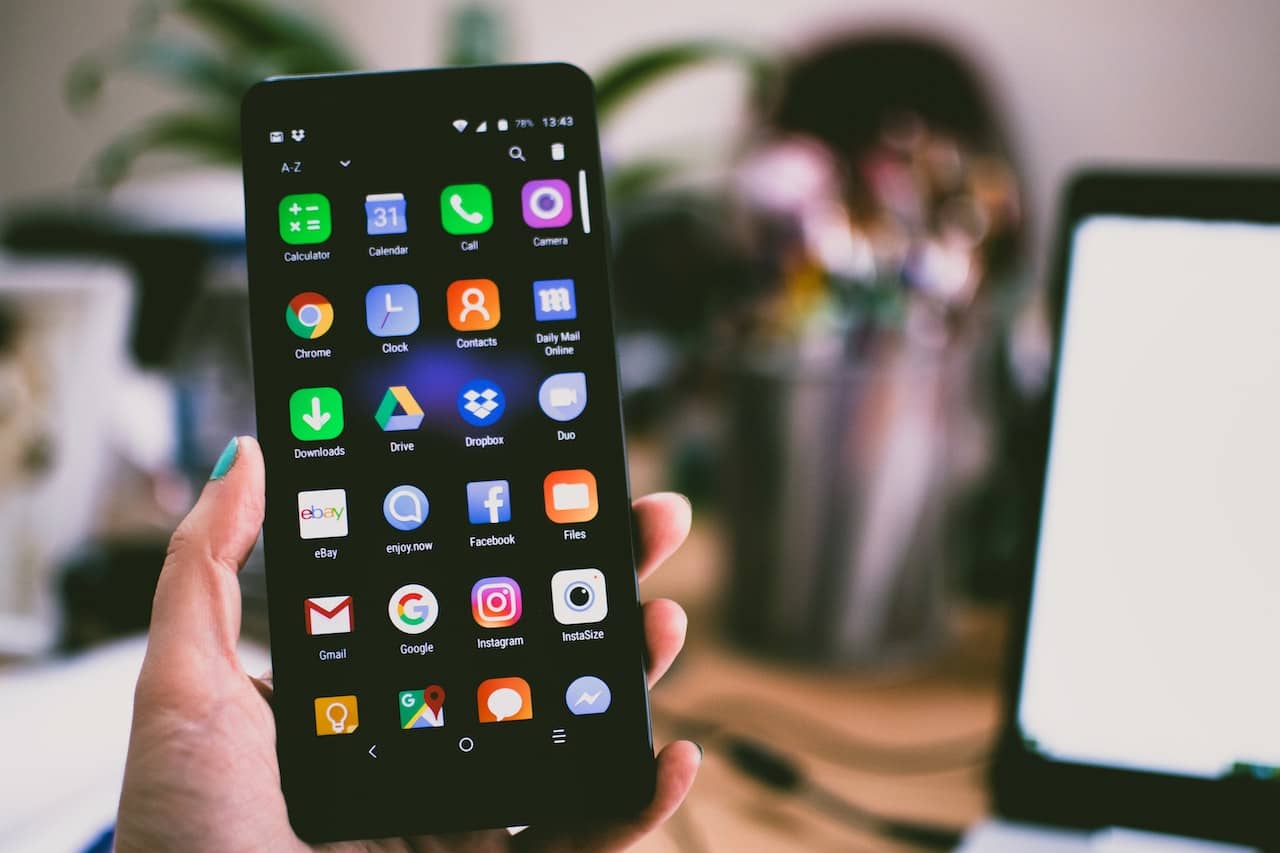Dealing with a brain injury can be a challenging journey. Whether it’s caused by a fall, accident, or any traumatic event, the road to recovery may seem long and uncertain. One crucial aspect of healing is understanding what activities to avoid after a brain injury. By being mindful of these precautions, you can facilitate your recovery and prevent any setbacks along the way. We will also highlight the best steps to take to start a serious injury claim.
The Fragile Nature of the Brain
Before we delve into the activities to avoid, let’s take a moment to appreciate the complexity and fragility of the human brain. Our brain is the control centre of our body, responsible for everything we do, think, and feel. It consists of billions of interconnected neurons that communicate through electrical signals and chemical messengers.
When a brain injury occurs, these delicate connections can be disrupted or damaged, leading to various cognitive, emotional, and physical impairments. As a result, it’s crucial to handle the recovery process with utmost care and precaution.
Rest, Rest, Rest
One of the most critical activities to prioritize after a brain injury is rest. Your brain needs time to heal and rebuild connections. Doctors often recommend a period of cognitive and physical rest immediately after the injury to minimize additional stress on the brain.
This means avoiding mentally demanding tasks like work, studying, or even excessive screen time. Additionally, physically strenuous activities should be off-limits during this early recovery phase.
What Physical Activities Can You Do After a Brain Injury?
While it’s essential to rest, it doesn’t mean you should remain completely sedentary. Light physical activities can actually aid in your recovery. Simple activities like short walks or gentle stretching exercises can improve blood flow to the brain, which promotes healing.
Moderation is key here; you should avoid intense sports or exercises that risk further injury or overexertion. Always consult your doctor or a qualified healthcare professional to determine what level of physical activity is safe for you during your recovery.
Steer Clear of Stimulating Environments
After a brain injury, your brain may become hypersensitive to external stimuli. Loud noises, bright lights, and crowded places can be overwhelming and may hinder your healing process. Pay attention to how you feel in different environments and try to avoid those that cause discomfort or distress.
For instance, attending a loud concert or a busy social event may not be the best idea during this time. Instead, opt for calm and quiet spaces where you can relax and focus on your recovery.
Safety First: Avoiding Risky Activities
Engaging in activities that carry a high risk of falls or head injuries is a big no-no after a brain injury. Your brain is still in a vulnerable state, and any further damage can be detrimental to your progress.
For example, avoid riding bicycles, skateboarding, or participating in contact sports. Even simple tasks like climbing a ladder or walking on slippery surfaces should be approached with caution. Remember, safety should always be your top priority.
Screen Time Management
In our modern digital age, screens are nearly ubiquitous. Whether it’s a computer, smartphone, tablet, or TV, screens surround us daily. However, excessive screen time can put strain on your brain, especially during the healing process.
Limit your screen time to short intervals, and take frequent breaks to give your brain the chance to rest. If possible, use blue light filters or switch to reading physical books instead of staring at screens for extended periods.
What Makes a Brain Injury Worse?
Understanding what activities to avoid after a brain injury is essential, but it’s also vital to be aware of factors that can exacerbate your condition.
Ignoring Symptoms
Ignoring or downplaying the symptoms of a brain injury can be dangerous. Common symptoms include headaches, dizziness, confusion, memory problems, and mood swings. If you experience any of these signs, seeking medical attention promptly is crucial.
Alcohol and Substance Use
Alcohol and recreational drugs can impair cognitive function and interfere with the healing process. Moreover, they can interact negatively with medications prescribed for your brain injury. Avoid these substances during your recovery.
Overexertion
Pushing yourself too hard physically or mentally can hinder your brain’s healing process. Respect your body’s limits and don’t be afraid to ask for help when needed.
Stress and Anxiety
Chronic stress and anxiety can impede recovery and exacerbate symptoms. Practice relaxation techniques such as deep breathing, meditation, or gentle yoga to manage stress effectively.
Making a Serious Injury Claim
Suffering a brain injury due to someone else’s negligence or wrongdoing can be devastating. In such cases, you might be eligible to make a serious injury claim to seek compensation for the damages and losses you have endured.
Consult with National Claims
If you believe that your brain injury was caused by the actions or negligence of another party, it’s essential to seek legal guidance from our experienced team of claims specialists at National Claims. They can help you assess your case, gather evidence, and navigate the complex claims process.
Documenting the Incident and Medical Expenses
To strengthen your claim, ensure you have thorough documentation of the incident that caused your brain injury. Collect any relevant reports, medical records, and witness statements. These documents will be vital in establishing the cause and extent of your injury.
Keep track of all your medical expenses, including hospital bills, rehabilitation costs, and ongoing therapy expenses. These costs will be crucial components of your claim.

Conclusion
A brain injury is a life-altering event that requires careful attention and precaution during the recovery process. Understanding what activities to avoid, prioritizing rest, and creating a supportive environment are essential steps in your journey towards healing.
Engaging in light physical activities, managing screen time, and avoiding risky situations can contribute to a smoother recovery. Always pay attention to your body’s signals, and don’t hesitate to seek medical advice if you experience any concerning symptoms.
Additionally, being aware of factors that can worsen your brain injury, such as substance use, stress, and overexertion, will help you make better choices and facilitate the healing process.
If your brain injury was caused by someone else’s negligence, you may have the option to make a serious injury claim. Consulting with National Claims, and gathering evidence.
Remember, each brain injury recovery journey is unique, and there might be ups and downs along the way. Be patient with yourself and surround yourself with a supportive network of family, friends, and healthcare professionals.
Above all, stay positive and hopeful. The brain has an incredible capacity to heal, and with the right care and precautions, you can move towards a brighter future, reclaiming your life step by step.
Start your claim for your serious injury with us and contact us today for further information on how we deal with these claims.
Click below to see why we are one of the most trusted claims management companies in the UK.

We’re proud of our excellent customer reviews
We thrive on delivering exceptional service and ensuring our clients’ satisfaction. Don’t just take our word for it. Check out some of our independent reviews to see what our clients have to say.
Excellent

This firm is excellent, they sorted out my car pay out and injury claim very fast, they always communicate with you all the time.

My accident case was dealt with confidence and with great result of the outcome, especially James kept me informed all the time.

I was very impressed at the way my inquiry was treated. I was listened to attentively and everything I needed to know was explained to me.






